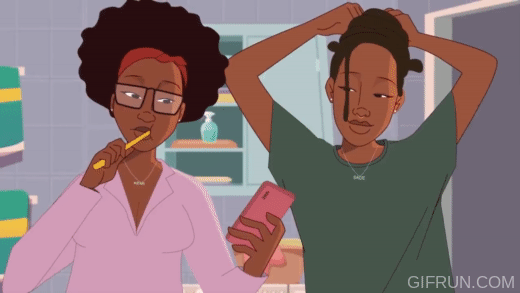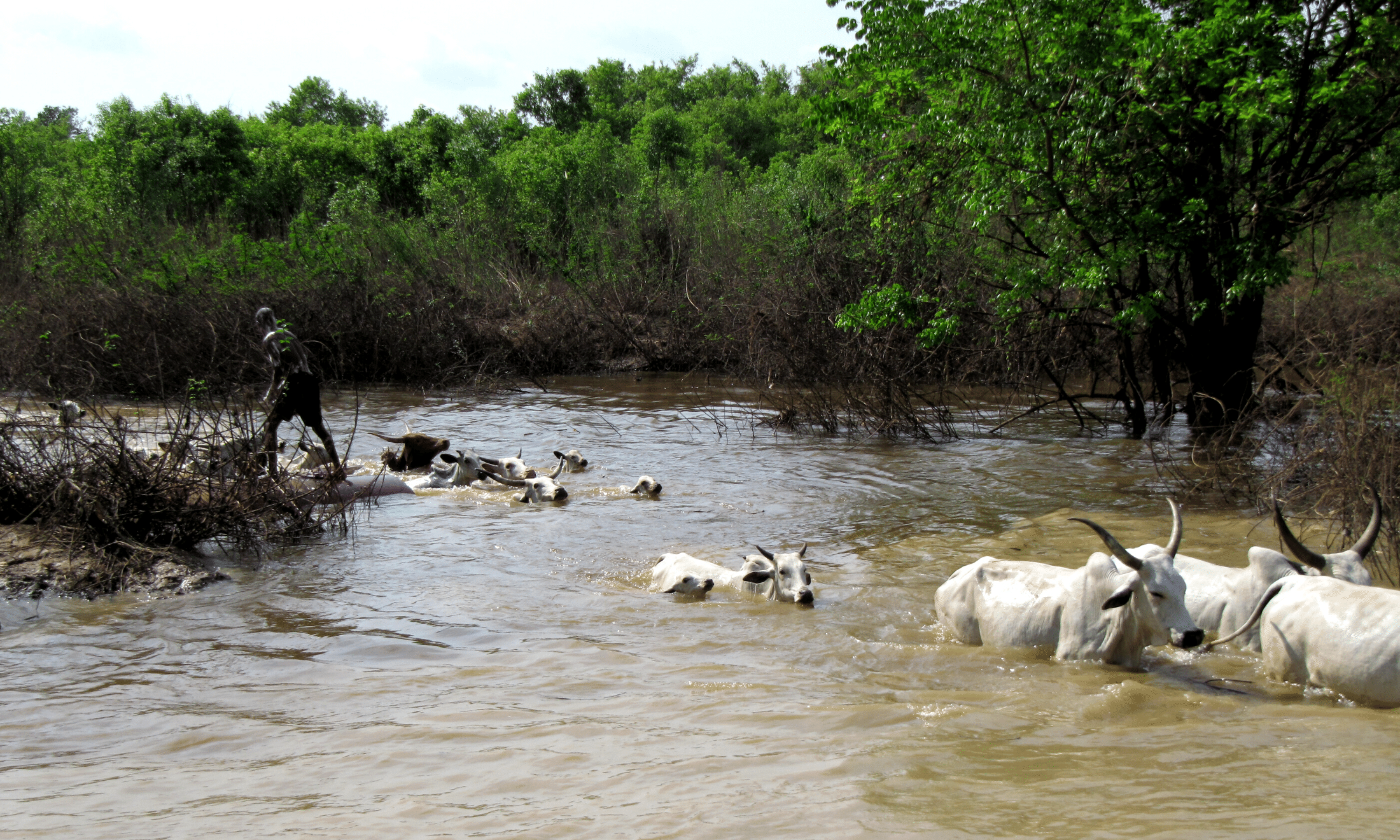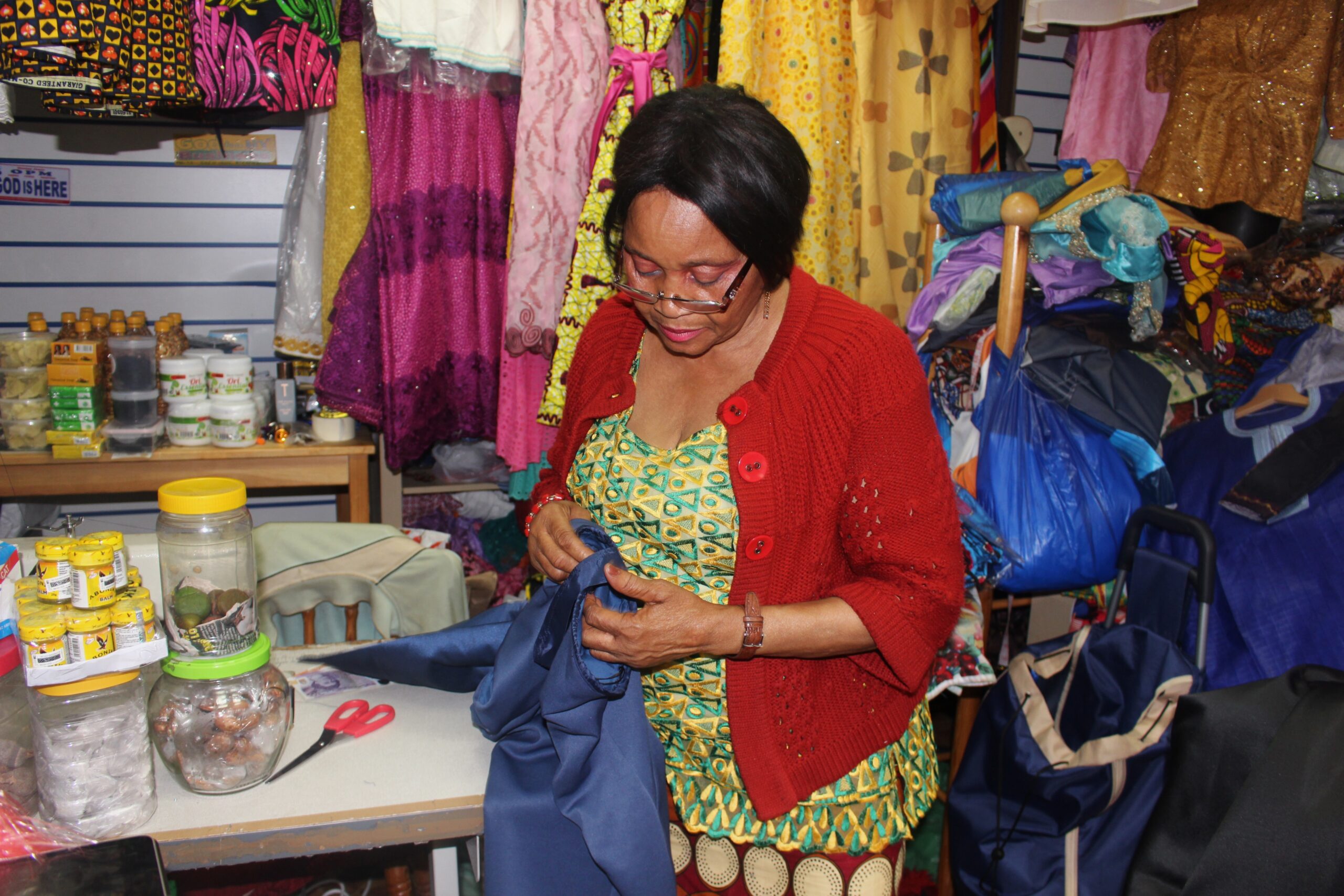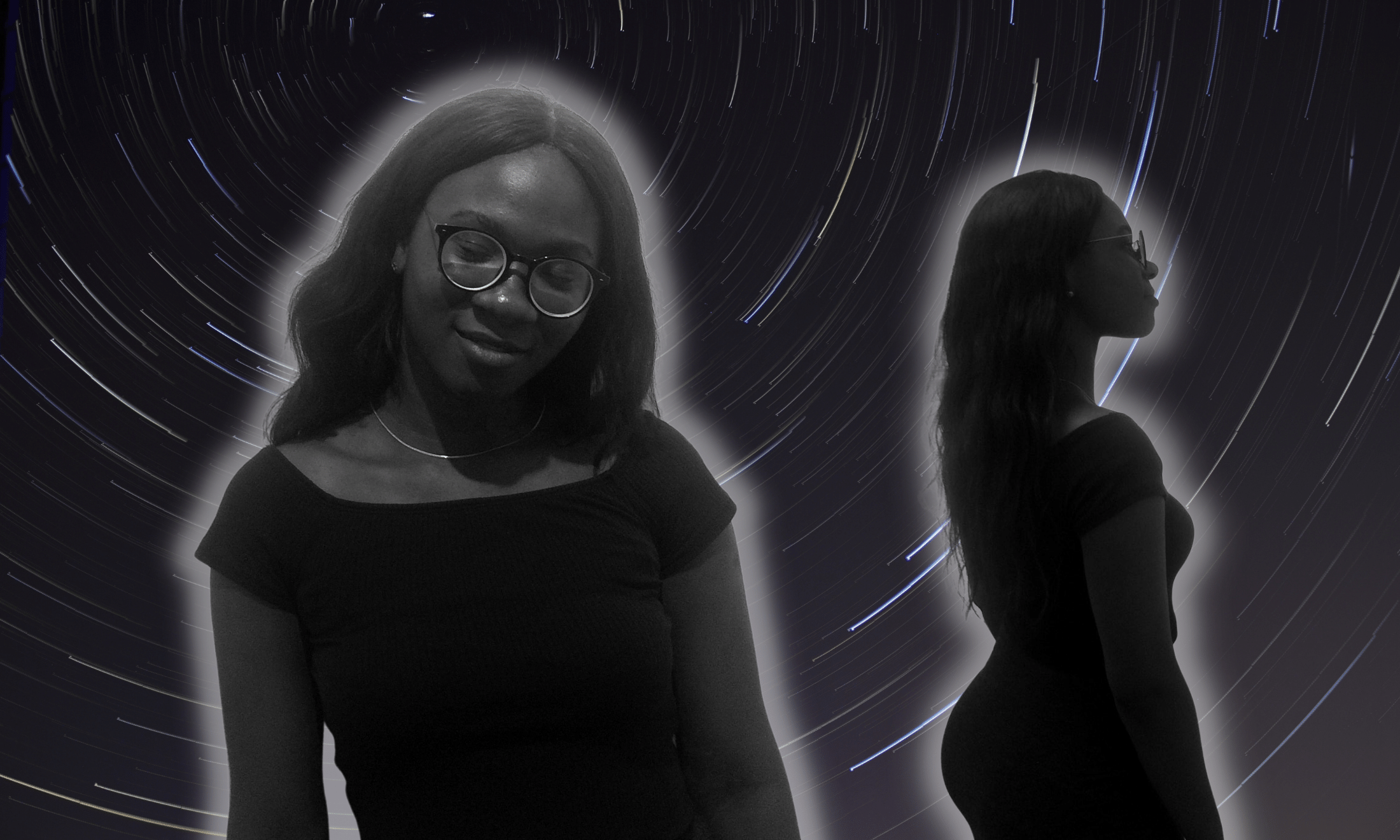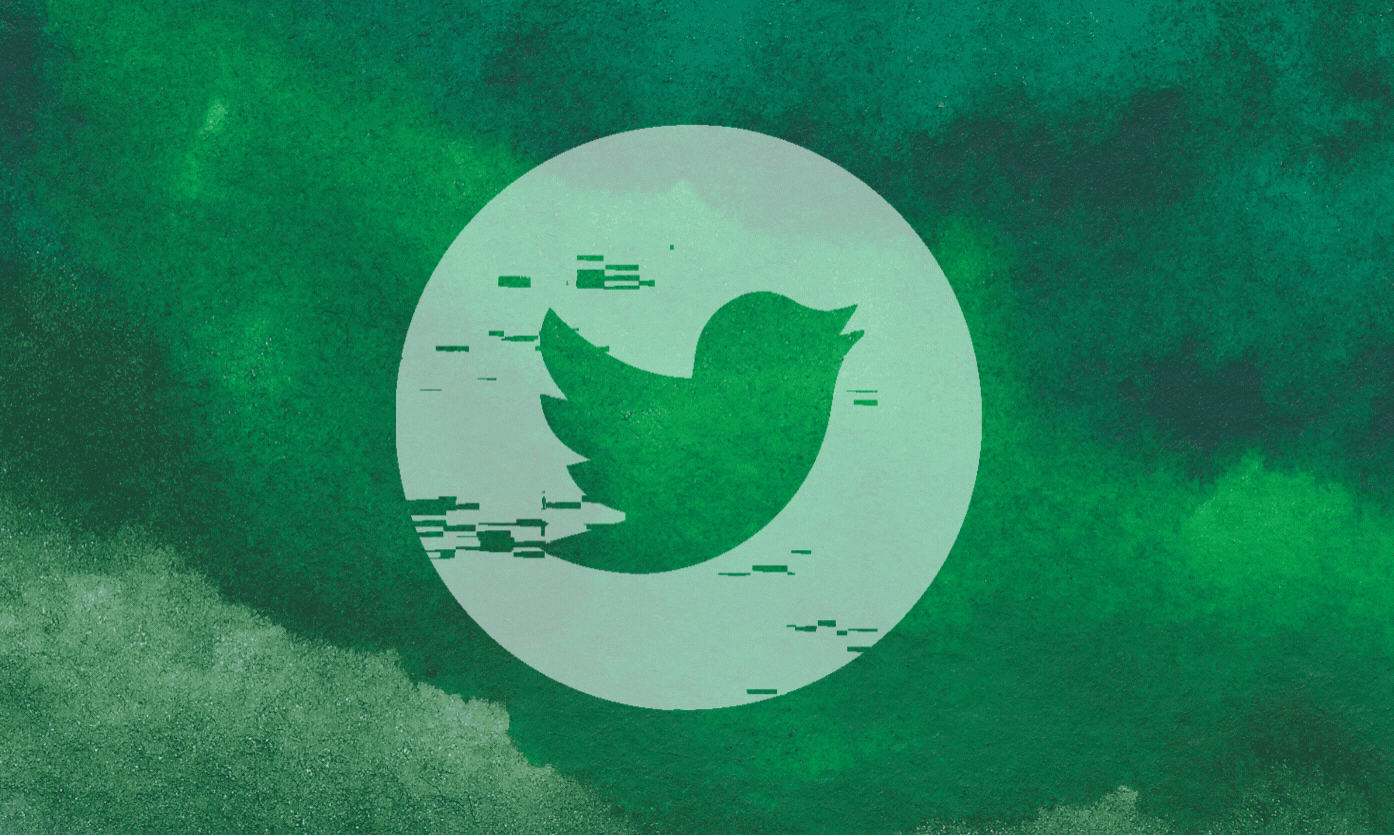
One month on Nigeria’s Twitter ban is harming the country’s young creatives
Speaking to photographers, writers and influencers on the ground, Tami Makinde unpacks the cultural impact of social media censorship
Tami Makinde
19 Jul 2021
For a number of young creatives in Nigeria, attempting to log in to Twitter on mobile networks and internet service providers is a dead end. Instead of the usual greetings from a bustling homepage, they’re met with a screen that refuses to load. It’s been over a month since the country’s incumbent President Muhammudu Buhari indefinitely banned access nationwide to the micro-blogging app and young Nigerians are fed up with the change.
The president’s decision came on June 4 shortly after his spate of harmful tweets were taken down by the social media platform for breach of its abusive behaviour policy. In the now-deleted tweets, Buhari threatened to deal with “those misbehaving” in “the language they understand”. His cryptic tweets sent shivers down the spines of many young Nigerians, who had grown up learning about the tragedies of the country’s civil war and the former military leader’s involvement in the ensuing deadly massacres. The ban was announced, ironically, via the official Twitter account for the country’s Ministry of Information and Culture which stated that the persistent use of the platform for “activities that are capable of undermining Nigeria’s corporate existence” constituted in the need for an immediate suspension. He’s of course hinting at the EndSARS protests back in October where a similar ban was threatened following a CNN investigation that exposed the state involvement in the Lekki toll gate massacre of peaceful protestors who’d largely organised online.
The country’s attorney general, Abubakar Malami ordered the prompt prosecution of anyone found flouting the new rules. While it’s yet to be determined how the current administration will carry out those arrests, young Nigerians have been audaciously speaking out against the capricious actions of their government using the hashtag #KeepItOn. Currently home to nearly 40 million users, Twitter has quickly become a lifeline for many Nigerians within their own country, particularly the budding creative community.
“It’s best we creatives migrate to another app or another country,” says Stella rather dejectedly. More young Nigerians are migrating to more developed countries and with 41.8k followers, she is one of the country’s influencers seriously considering relocating after the ban due to what they feel it represents for their line of work.
In this era of remote work, many young Nigerians are losing out. No reasonable employer wants to hedge their bets on a potential employee with an erratic government vying to cease internet access. Her A Dose of Stella Twitter page has witnessed a significant dip in her follower engagements and therefore a similar drop in her sponsorship opportunities. “Twitter was an app I was somewhat connected to. I checked my timeline religiously. The day it got banned didn’t feel real,” she tells gal-dem. “I went from having two to three promotional gigs on a good week to nothing at all in a month.” Creative careers such as the one Stella has are barely recognised in Nigeria and in the rare instances that they are, they are grossly underpaid for their skills. Here, the order of the day is attending school for a professional course and finding a traditional career. However, these days, millennials and Gen Z’s are shifting the narratives on creative careers forging their own paths without parental or state support. It’s why the loss of Twitter feels so personal. Many creatives are mourning a lifeline that existed outside government control giving them a taste of a working justice system.
Just as the able-bodied develop muscle memory that takes steps for them without much thought, young Nigerians have used social media to stride over hurdles in Nigeria’s languishing job market. Through the app, young people found skilful employment and networked with professionals from around the world. Its potential is not to be underestimated. Consider the context: official reports state that unemployment rates have quadrupled over the past five years as the country was dealt the heavy blow of two recessions. According to Bloomberg, Nigeria now also ranks second highest on the global unemployment list despite its largely youthful population. Yet, the president is insistent and adamant that his administration has uplifted millions of Nigerians from obscurity.
The swiftness in banning the social media app on the major mobile phone networks across the country sends a clear message to young Nigerians that voicing their opinion makes them fair game for punishment. However, prior to the ban, it assumed a ubiquitous role for many young people. Whether it’s an artist reporting a case of police brutality or a queer activist seeking out help, Twitter has largely become a hub for locating appropriate resources and finding opportunities without any backing from the government. Not only that, this cuts off a new supportive space that has aided Nigeria – Lagos in particular – to become a cultural hotspot to watch of late. Many Nigerians are forced into entrepreneurial or creative roles using Twitter, to showcase their talent. British Vogue and DJ Mag culture writer Makua Adimora tells gal-dem that Twitter has been an integral part of her progression as a journalist. “It’s where I can find sources quickly, find case studies for research and stumble upon nuanced perspectives of situations to help understand the story better,” she explains. “I’ve also been able to make connections — both laterally and with higher-ups — in the journalism space. It’s given me a sense of community.”
“It’s best we creatives migrate to another app or another country”
Now, torn apart overnight by an unfair ban, many creatives are opting for VPN options that help them stay connected and remain visible to the international creative community. “Being a writer, a creative, and running three start-ups –social media is a big marketing and research tool for me. With the VPN block, none of that has been able to run as smoothly as possible.” Adedayo Laketu, the co-founder and Editor-in-Chief of youth-led publication, More Branches explains. Prior to the ban, social media and in particular, Twitter had become a regular part of his day-to-day routine. “So far, I haven’t noticed any significant shift, except that there’s been a decrease in the audience because not everyone has access to VPN. We’ve all adapted to VPN but I feel long term it’ll eventually put a constraint on using Twitter as a medium.”
Similarly renowned documentary and fashion photographer Stephen Tayo, known for bringing the streets of Lagos to life through themes of community, identity and friendship, says without social media he’d have been unable to travel with work. “As a photographer, I connect more with other photographers and creatives from every part of the world,” he says. “These relationships always yield to collaboration or most importantly the avenue for Nigerian and every other creative’s work to reach a wider audience.”
With no access to Twitter, many are now pivoting to other mediums. Rapper SGaWD, who used to regularly connect with her 3,000 followers, has recently begun engaging her audience on Instagram to keep them up-to-date on her new releases. “Instagram isn’t favourable for emerging artists because the algorithm on there rarely works in our favour,” she says. “Twitter was the only place we could actually connect directly with our community and nurture that organic growth.”
However, even Nigerians in the diaspora are on the receiving end of the government’s failures. The country’s men’s basketball team, D’Tigers, which recently qualified for the Olympic 2020 has shared the lack of support received from the government. Not only were they withheld funding for the 2021 games but the team’s merchandise imported from China was delayed by the country’s customs services. In the midst of a ban, many young people amplified this callous act. That is to say, Twitter was used to bring to light the distressing situation and foster a solution just days before the Olympics.
“Twitter is where we go to vent, laugh, cry, share and receive information and speak up on injustices,” Makua says. “These are the merits of social media the government fails to see – taking it away is like saying our voices don’t matter.”
This is not the first time President Buhari cracked down on freedom of expression. Buhari once served as military head of state between 1983 and 1985, leading a dictatorship that was intent on meting out violence and silencing its journalists. During his regime, he shut down Punch, a local publication on countless occasions and even arrested its editors. Curbing dissent has always been the order of the day in authoritarian governments around the world, and Buhari’s playbook is no different. It’s no wonder that in the 2021 World Press Freedom Index ranking, Nigeria placed 120th out of 180 countries.
Buhari’s government is afraid of social media. While Twitter has facilitated cross-border networking, it has also empowered the country’s young people to call out the callousness of this administration in real-time. Last October, during the EndSARS protests, as young Nigerians rallied together to fight the existence of the anti-robbery squad, they also had equal smoke for the government’s unending corrupt practices. Twitter became a medium for many young people to directly air out their frustrations, giving them a platform to directly address their inept leaders. Undoubtedly, Buhari’s administration did not take favourably to being exposed on a larger scale and even sent a warning to international media to quit dragging the country’s reputation through the mud.
While the Nigerian government is obstinate that the restrictions on social media are due to the continued spread of falsehoods and fake news, young Nigerians know it’s a ploy to cover up more grave sinister acts in the country. The cost of this type of silencing has always been human lives–as witnessed with the Lekki massacre in October. Many know that the longer the ban remains, the more ammunition Buhari’s administration gains to push forward the Social Media Bill, a law that has been long debated within the country, which will allow law enforcement to shut the internet down at will and jail offenders that “diminish public confidence”.
There are mounting concerns that Nigerians will find ways to adapt to using VPNs to connect to Twitter, a temporary solution to the much larger problem of the wanton disregard for free speech and expression. “I feel like more emerging artists, especially those that don’t have an Instagram presence are going to find it very hard to navigate this new space,” SGaWD says. “I think people can take advantage of the growing presence on TikTok to make music and put out their videos that have not yet been banned and that the Nigerian community are active on.”
However, the question remains that if one marketplace of ideas can be shut down haphazardly then surely others can be dealt the same fate as well. Local human rights group, Socio-Economic Rights and Accountability Project (SERAP) filed a lawsuit at the Economic Community of West African States (ECOWAS) Community Court of Justice calling for an interim injunction to suspend the ban. While the injunction may have been granted, no action has been taken by the Nigerian government who last month appointed a committee consisting of Lai Mohammed, Babatunde Fashola and Isa Pantami, leaders with no understanding of the ban’s effects on the younger generation. This tone deaf response seems ill-conceived and tokenistic, a way to avert the gaze of foreign media. But what becomes of the communities directly shut off from their lifeline?
For artists like Stephen Tayo, Stella and more the way forward is to continue placing pressure on Buhari’s administration so that they can continue to be seen and heard. Stephen adds: “We need to keep putting pressure #KeepItOn as much as we can!”

